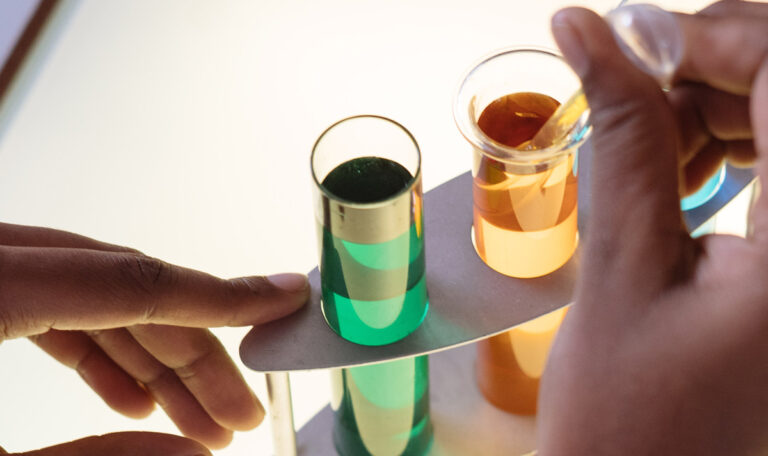Scientists have discovered a bacteria that eats toxic metals in water, making it safe for consumption
Scientists at the Indian Institute of Technology, Banaras Hindu University (IIT-BHU) have discovered a bacteria capable of separating toxic metal from water, making the water safe for human consumption. The research was published in the international Journal of Environmental Chemical Engineering, where the scientists named the bacteria “Microbacterium paraoxydans strain VSVM IIT (BHU).” So, how does it work exactly and what makes water unsafe in the first place?
The strain—let’s not use its long-winded name—was isolated by Doctor Vishal Mishra and PhD student Veer Singh who removed the toxins from water that was procured from a contaminated site. The bacteria separates toxic hexavalent chromium from wastewater. In case that doesn’t make much sense to you—I hear you—the toxic elements, in this case metals, present in water can, if consumed, cause health problems including different kinds of cancers, liver ailments, and kidney issues.
According to the researchers, the bacterial strain is able to tolerate high concentrations of hexavalent chromium, which they believe is highly effective for removing the toxic material from wastewater when compared to more conventional methods.
If this strain were ever to be included in water treatment practices, any additional separation process would then become unnecessary. On top of that, the researchers also claim that the bacterial treatment would be way cheaper than current methods in terms of required equipment and chemicals.
When researching the bacteria, the team tested its reaction to hexavalent chromium in industrial as well as synthetic wastewater and found satisfactory results. This proves how effective using the bacteria as part of a new water treatment technique could be. “Bacteria is easy to cultivate and can serve the purpose extremely well. Unlike water treatment, no skilled workforce is required to culture bacteria,” wrote the India Times.
In India, where clean water access remains a privilege in many regions, the strain’s easy-to-use capability could change things for the better. Water-borne diseases kill 3.4 million people in the world, mostly in developing countries each year, according to the World Health Organization (WHO). Metals like hexavalent chromium and the illnesses they can lead to have been a big problem especially in India and China. Most of these metals are consumed through contaminated water in the developing world.






